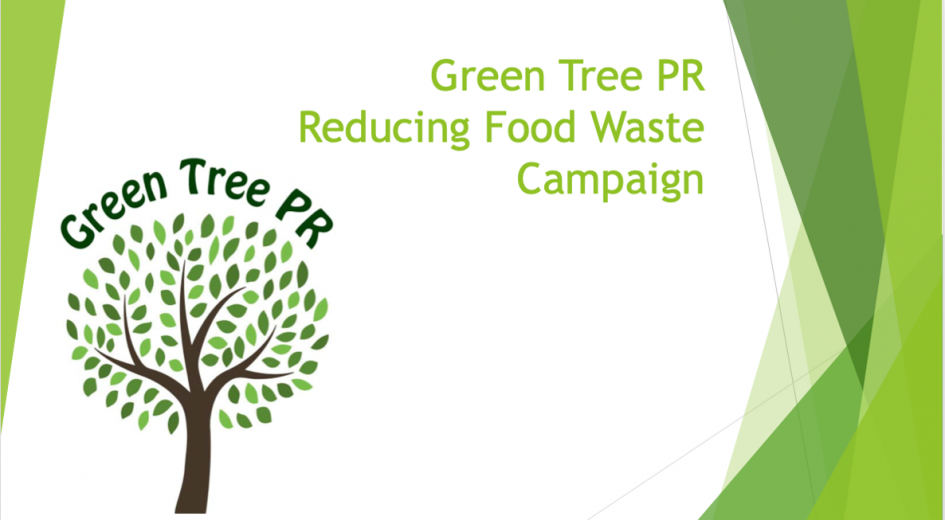Dr Indrani Lahiri created an assessment and teaching plan which enabled students to create their own social change campaign based on the UN’s Sustainable Development Goals (SDGs).
What was the programme or module?
The Public Relations module on the Media and Communications programme (MEDS2010) is available to 2nd year undergraduate students. The 2018/19 intake was a total of 52 students.
This year-long module focusses on public relations as an applied social science. It teaches students about the industry structures and tools used by practitioners to engage with their audiences. Students learn how to use new media and technology as part of strategic communications, as well as more traditional outlets such as broadcast and print media. Students then begin to develop hands-on skills for creating online campaigns and dialogues in their group work.
What happened?
Overview: In this module, the focus has been to develop critical minds, provide freedom in the classroom, encourage innovative and creative engagement, promote active, experiential and explorative learning, learning to serve a purpose (contribute towards social good), and promote action learning and research.
Context: The module is influenced by my own values and commitment to be a change and make a social change happen. As an initiative to integrate sustainable development for education in the curriculum, I decided to restructure the assignment for this module. After examining the job market and the professional role expectations, the plan was to integrate UNSDG’s in the assignment and to encourage freedom in the classroom, so that studentscan be prepared for external engagements, placements and internships. The structure of the assignments for the module were revised and approved by DARC.
Description: The module commences with a broad background to the subject and the profession and then gradually links it to developing public relations campaigns on the UN’s SDGs. The module is taught through lectures, seminars and workshops. There are 3 assessments for this module:
- An essay in which students demonstrate their academic knowledge and develop an understanding on public relations both theoretically and professionally. The assignment promotes a greater understanding of socio-cultural research in PR, encompassing many topics which fit within the SDGs such as political economy, deliberative democracy, race, class, gender, feminism, professionalism and ethics.
- A group project, in which students demonstrate their knowledge of how to match up new media technologies to specific public relations objectives and their ability to write creatively and appropriately for target audiences. The students must create an online PR campaign plan, from scratch, targeting a national audience, which relates to one of the UN’s SDGs.
- A follow on from assignment 2, which involves the students presenting on the PR campaign plan they created.
Evaluation: The project this year has run successfully and I have received excellent feedback from students that they have submitted as a reflective report as part of the final assignment. Due to the very nature of the assignment, students enjoyed group work, the workshops were full of enthusiasm and mostly full attendance.
Next Steps: Students can then choose to take up International Public Relations which considers cultural models and explores UNSDGs in an international context.
“I have learned lots of information about pollution and poor environmental conditions in UK, this assessment has made me notice how much waste I create and now I think twice before throwing something away.”
Student, Level 2, MEDS2010
Examples of students work from MEDS2010.
Why are the SDGs important to this subject?
The knowledge and education about SDGs are important as-
- Even if we do not have an interest to contribute towards the goals, we will all have to face the consequences together and there is ‘no alternative’, unless we take actions now.
- In our society, knowledge plays the role of a catalyst, to understand and analyse human existence and progress. Therefore, knowledge around SDGs will help us to systematically understand the challenges and take significant actions for a better tomorrow.
In this module, we have mostly worked on Goals 1, 2, 3, 4, 5, 8,10,12,13,14,15,16.
More information about the UN’s SDGs.
“I completely enjoyed working on the topic. The topic that we chose, I felt was very important because of the way climate change is amplified in the news, and the recent UN report about the effects of it on us and the world.”
Student on the MEDS2010 module.
Examples of students work from MEDS2010.
What would you recommend to colleagues considering adopting a similar approach?
Some of the practical tips would be-
- To enhance your own understanding around UNSDGs and have a thorough reading of the works that have been undertaken globally
- Think about how embedding UNSDGs in the curriculum can have a wider impact on the way you teach and conduct research.
- It is often good to explore how the work that we have done in the classroom can feed into the wider context and translated into something meaningful, e.g. Influence policy, develop code of practice etc.
However, all of these start from us as an individual and how we understand our social commitments. Therefore often if that interest is lacking in the first place then the counter narrative is fixed on ‘institutional policies’ that translates into a tick box exercise.
Contact:
Module Leader, Dr Indrani Lahiri, ilahiri@dmu.ac.uk, 0116 257 7859.
This post is one of a series of case studies describing teaching and learning activities linked to the SDGs at DMU.





Leave a Reply